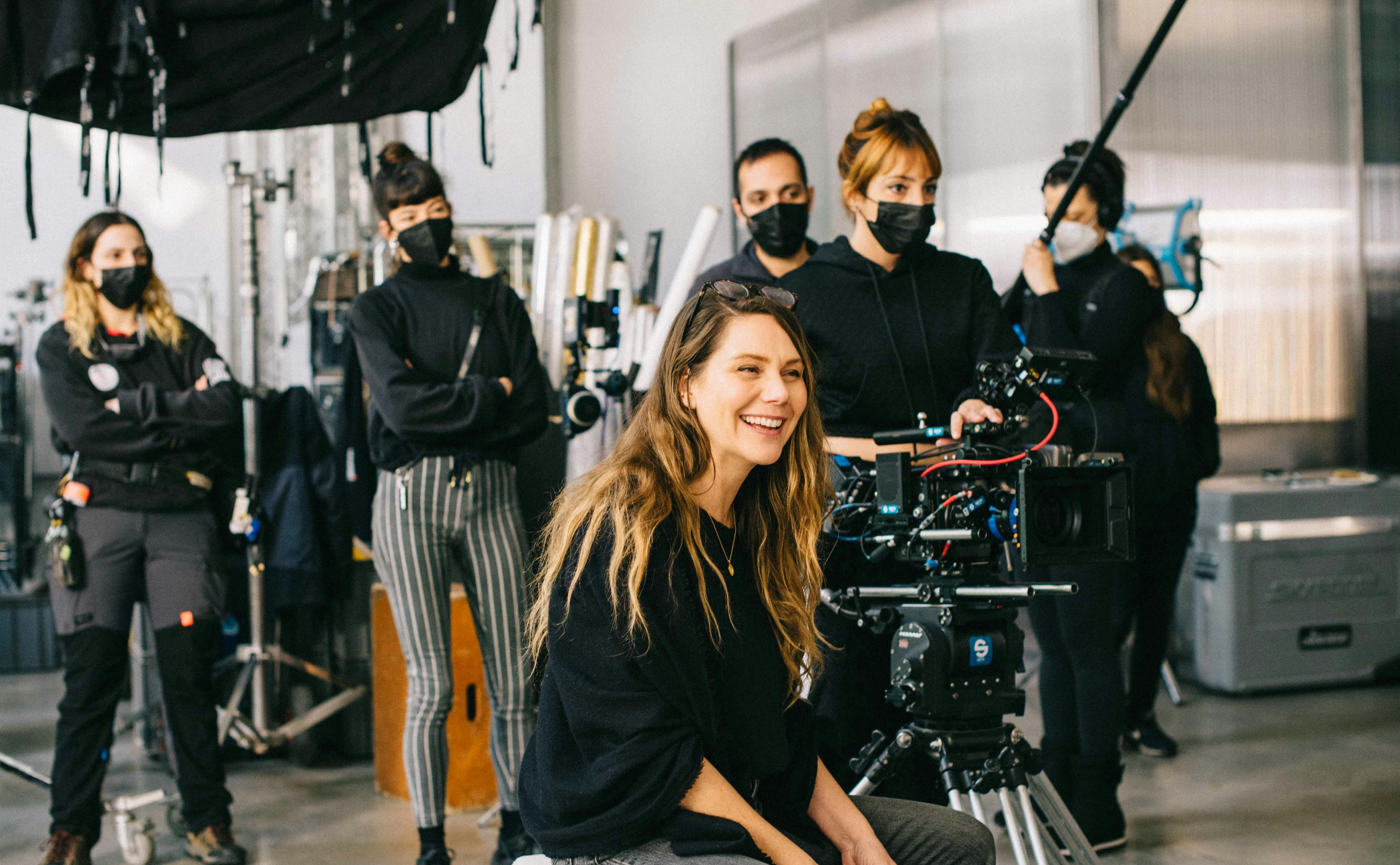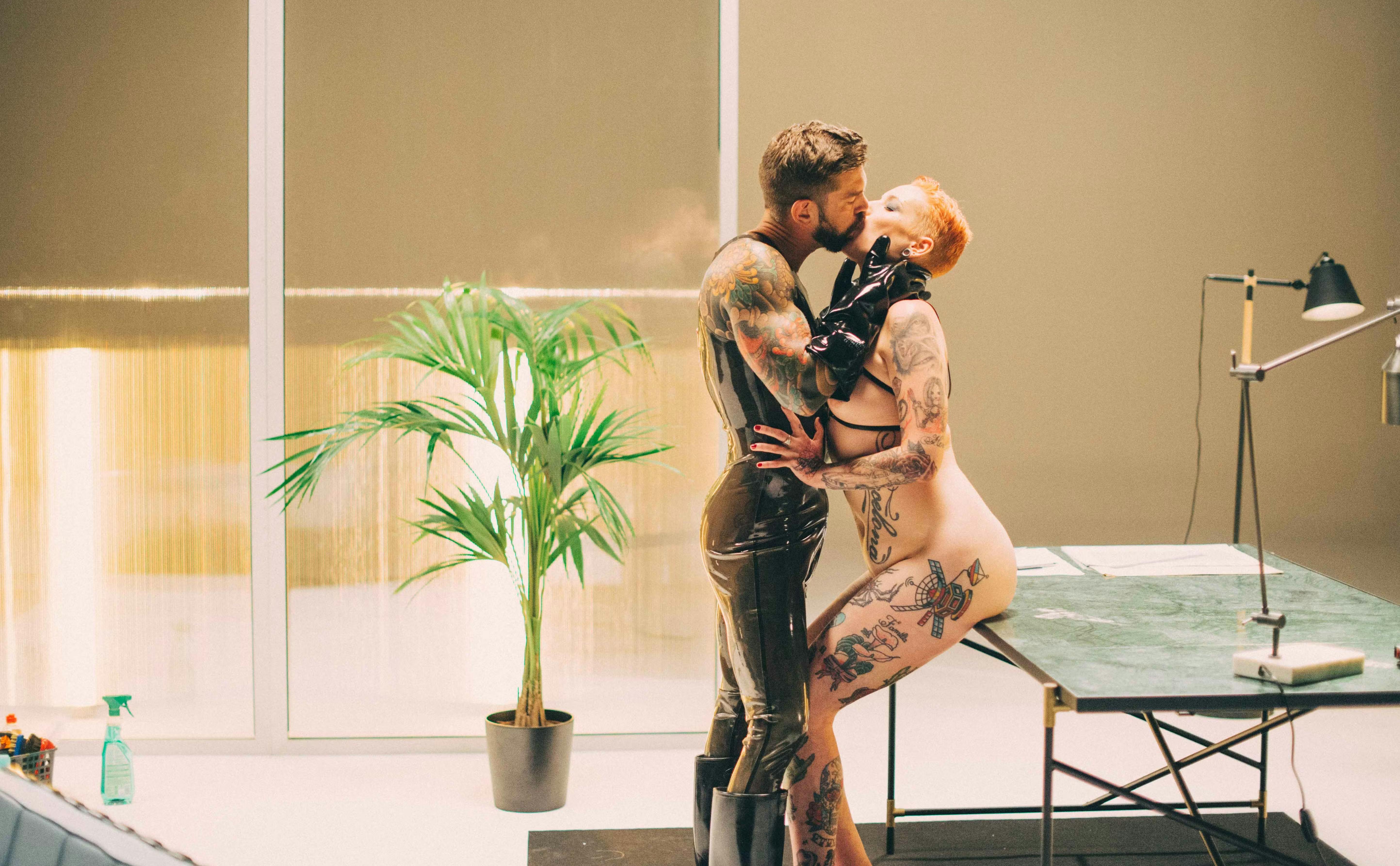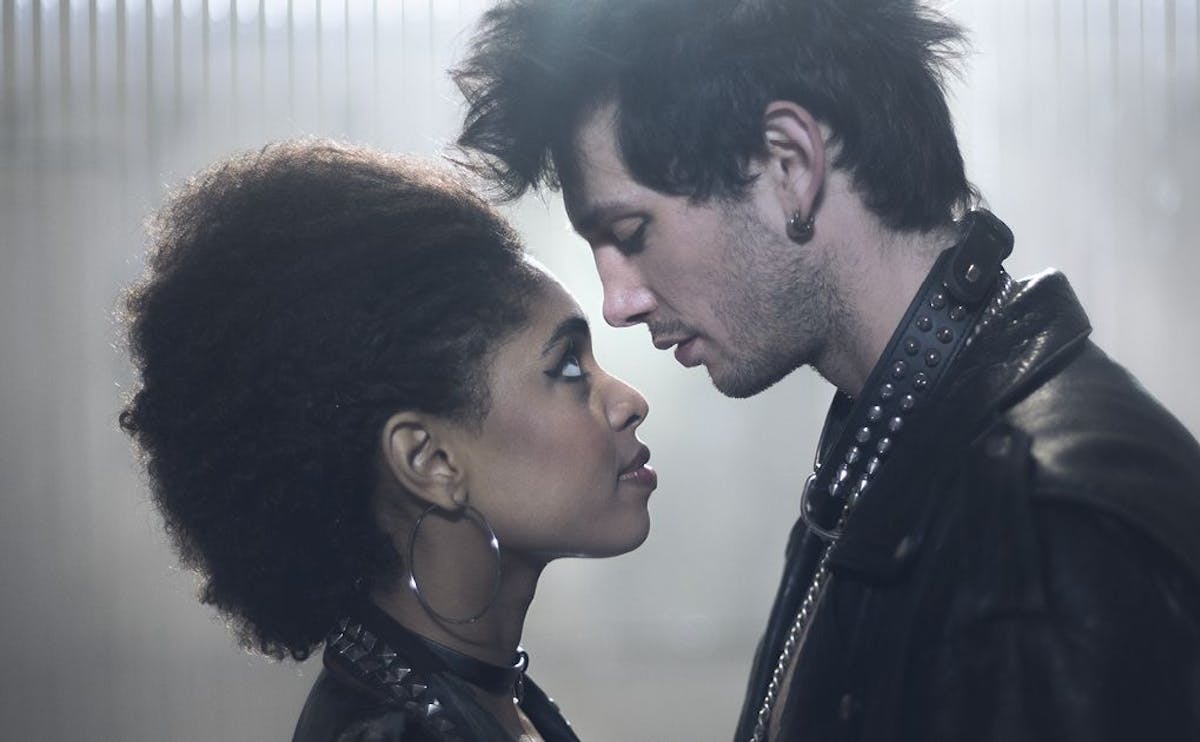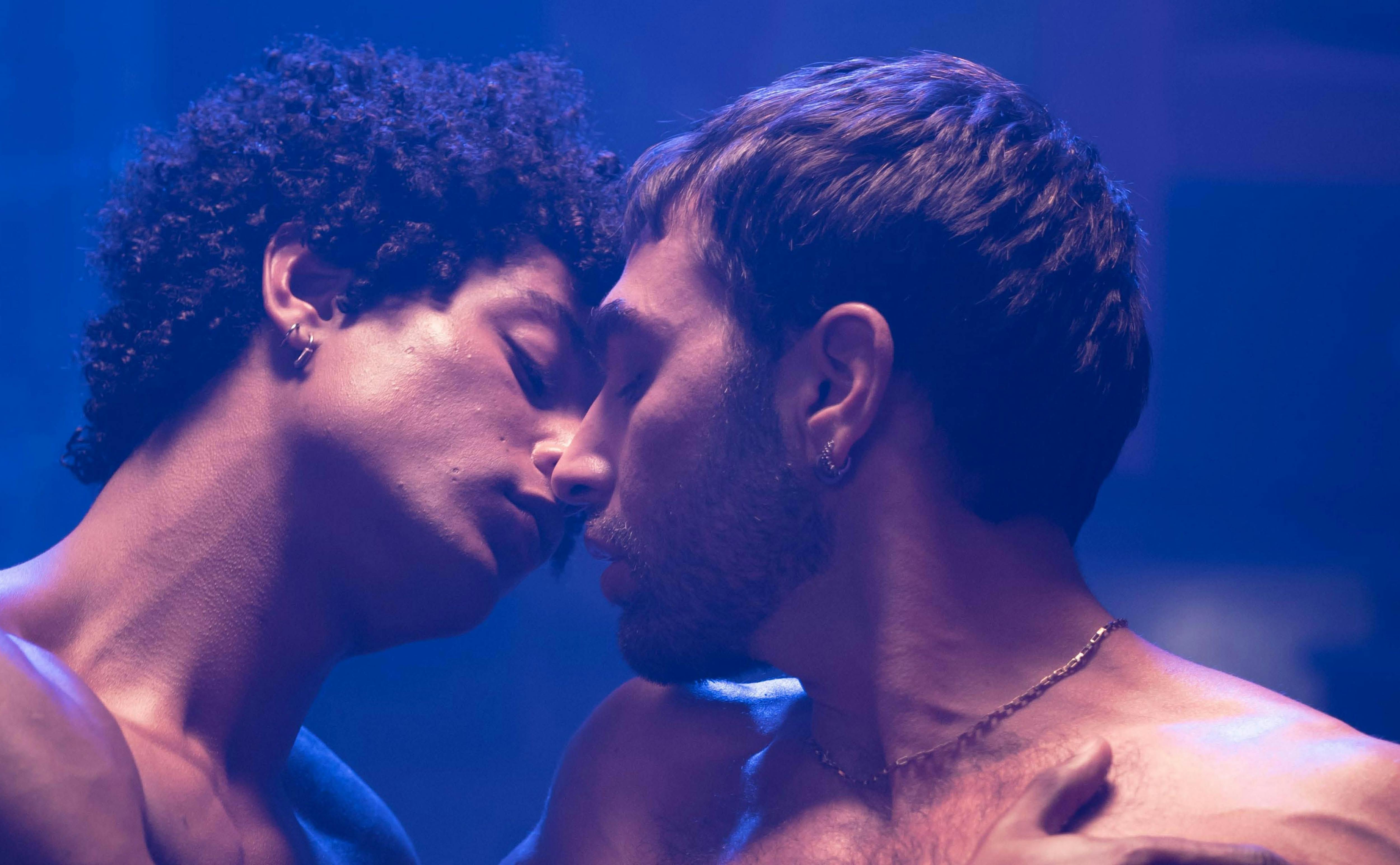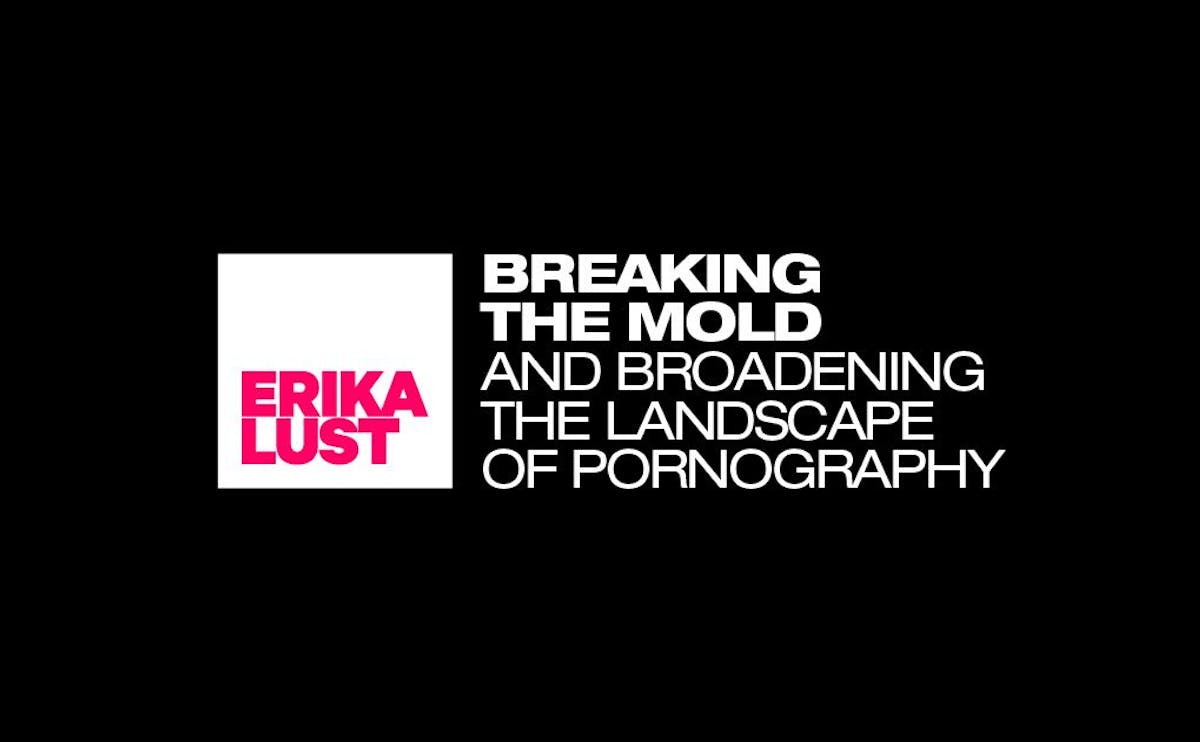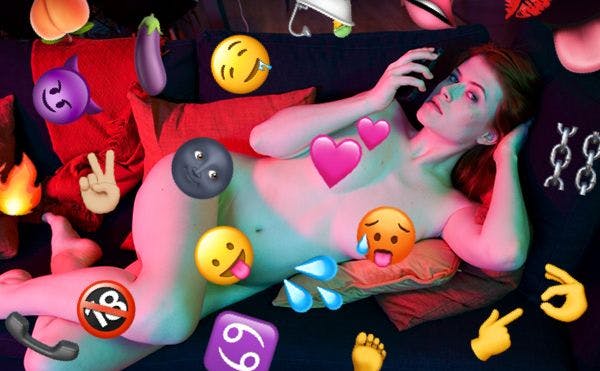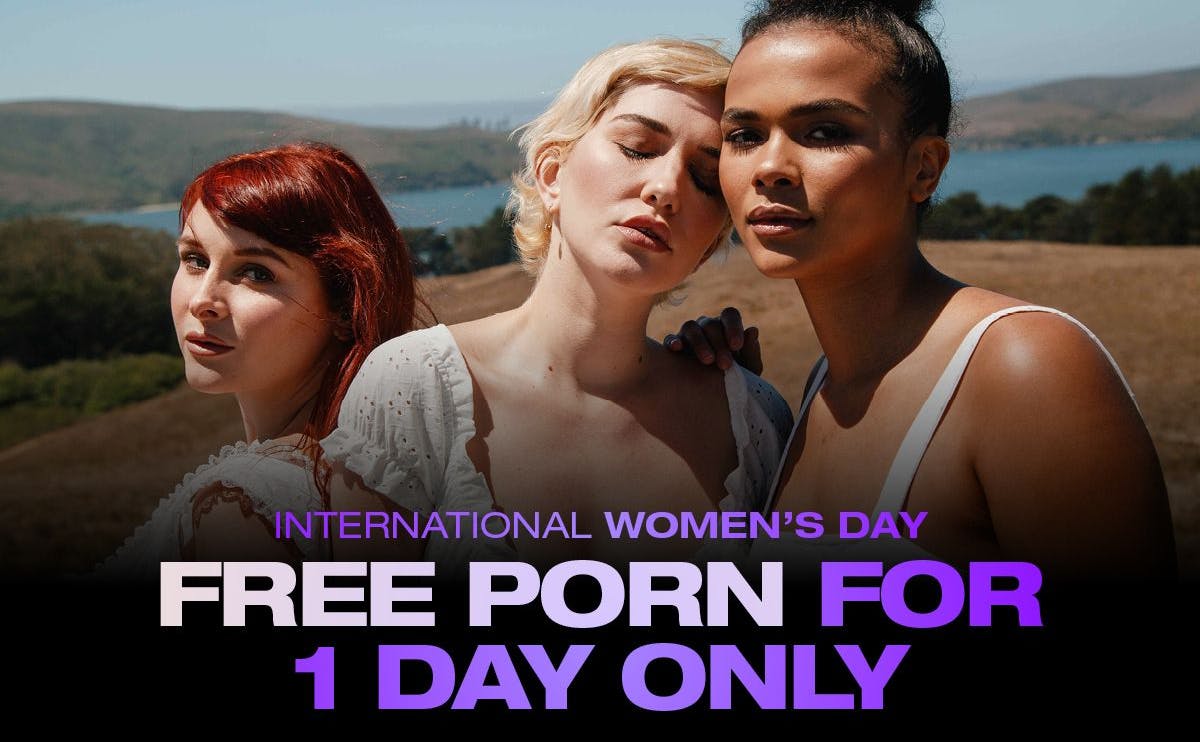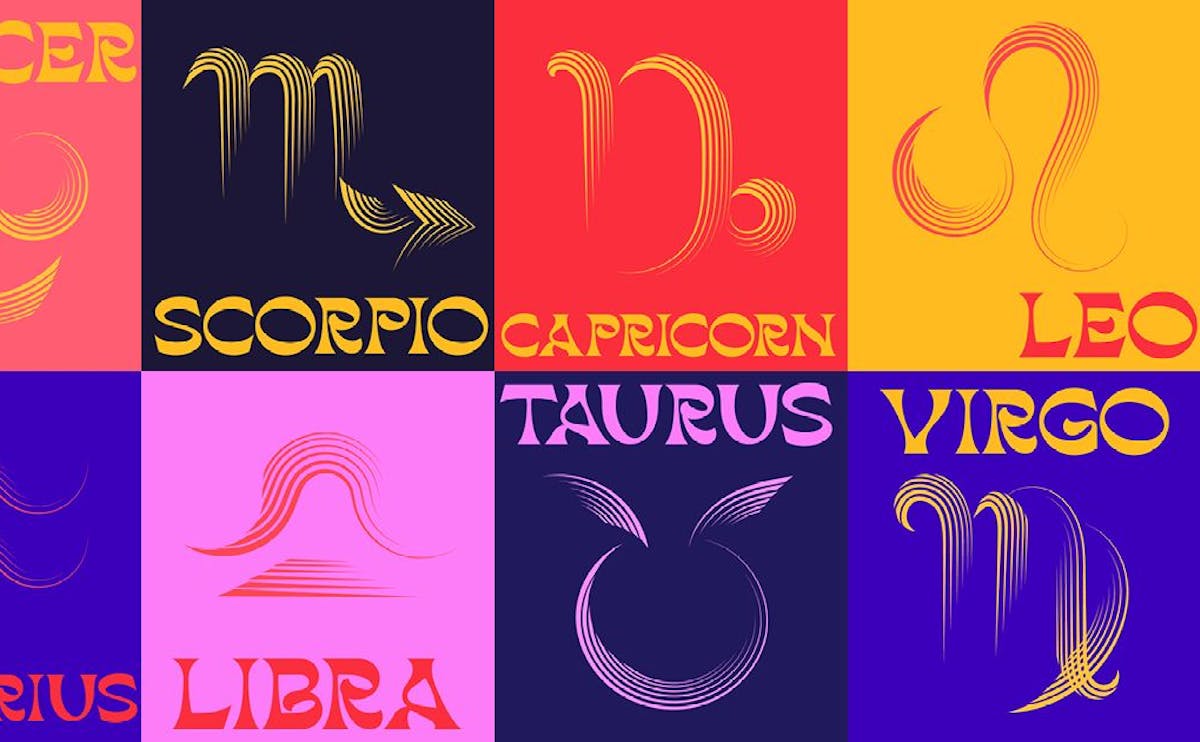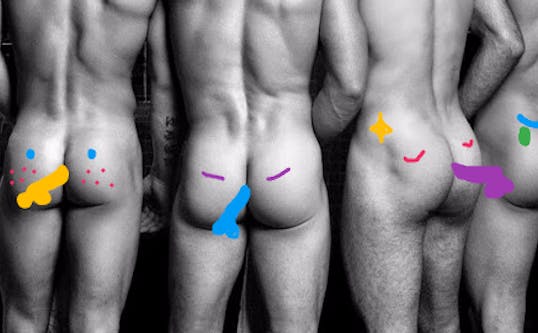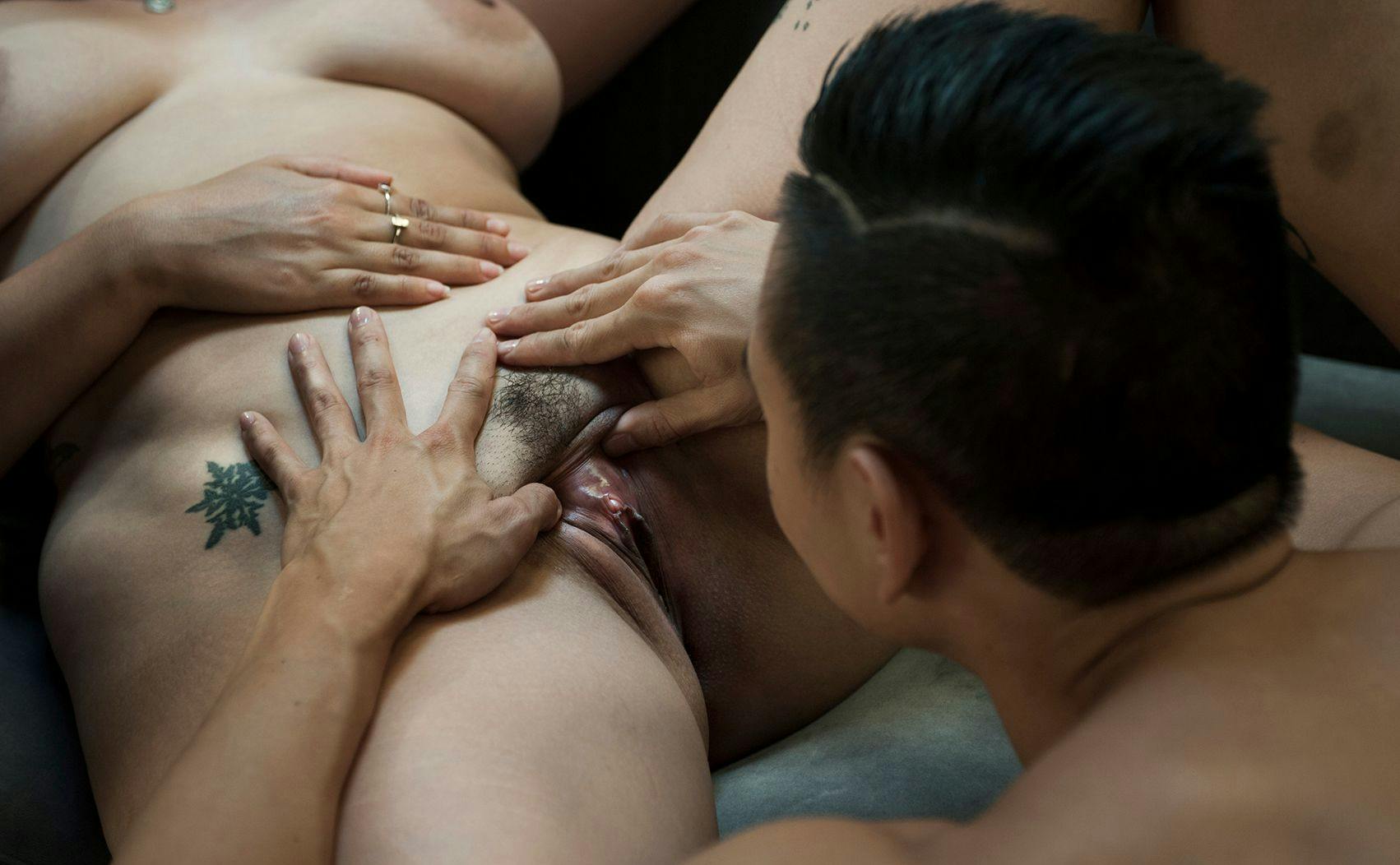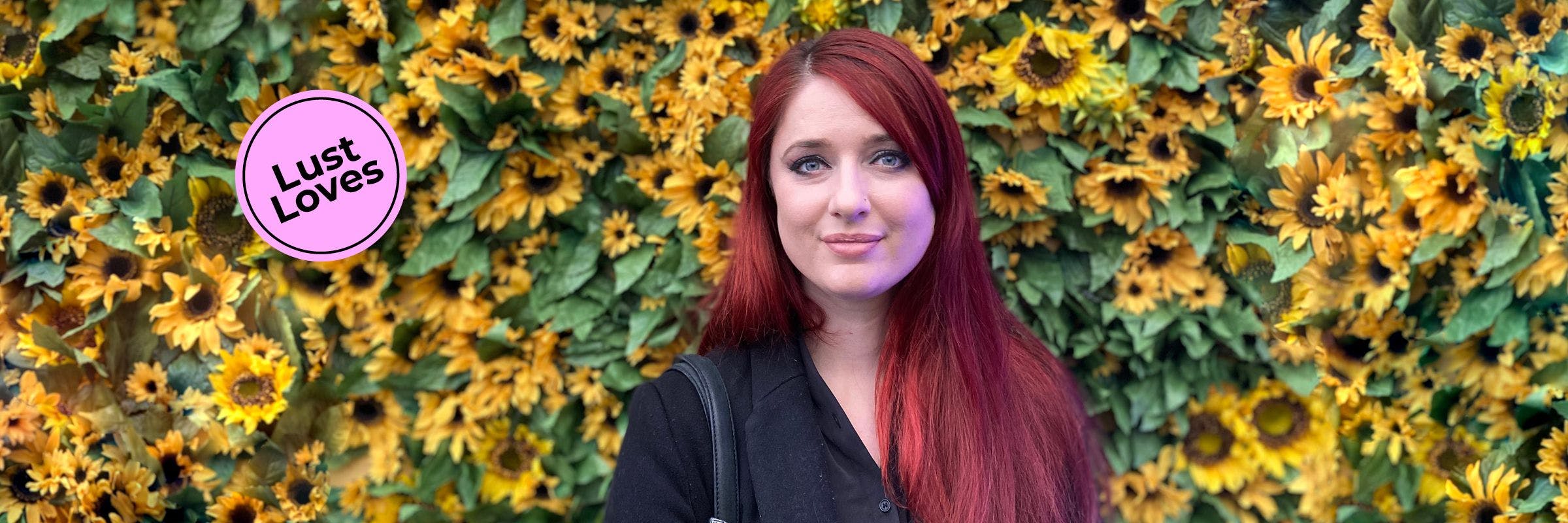

Lust Loves: Amy-Jean Muller and her New Book of Poetry 'Baptism by Fire'
Lust Loves: Amy-Jean Muller and her New Book of Poetry 'Baptism by Fire'
Stoya says, "Rage, here, is transcended into art”
Stoya says, "Rage, here, is transcended into art”
Lust Loves is a Lust Zine interview series with someone doing work that we at Erika Lust Films admire. In this edition I speak to Amy-Jean Muller. a South African artist, poet and writer who lives and works in London, about her new collection of poetry, Baptism by Fire.
Amy-Jean Muller is a South African artist, poet and writer who lives and works in London. Her work explores identity, feminism, sexuality and mental health. She works as an editor and contributor for Versification Magazine and has a column in the Daily Drunk Magazine. Her writing is rooted in experiences inspired by symbolism, research and mythology. This does not attempt to gloss over the disturbing encounters of the world through its confrontational honesty. These truths are both devastatingly beautiful in their melancholy, and enigmatic in their veracities. Muller, writes with gut punching rawness, which is both transgressive and existential. She is currently completing her first novel and a collection of short stories.
In this interview we speak about her new collection of poetry, Baptism by Fire, which consists of a series of short poems that follow a female protagonist through her life cycle and reflects on how the men she encounters attempt to undermine and manipulate her body in their pursuit of their own power. It was great to speak to Amy-Jean to learn more about her work, her thoughts on the feminism of today, mainstream pornography, porn for women, and the power of rage.
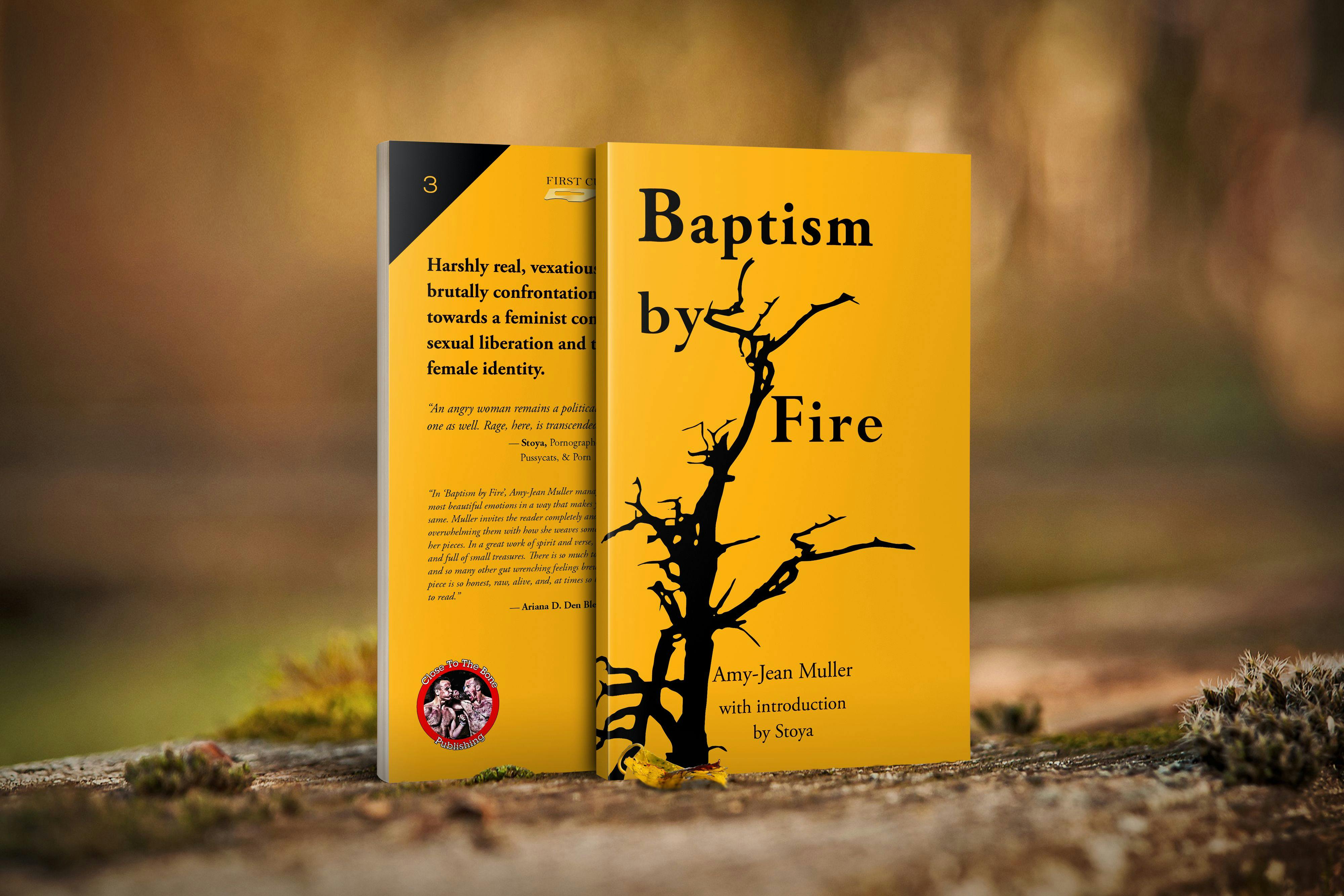
Baptism by Fire by Amy-Jean Muller
Erika: First of all, I loved reading Baptism by Fire. Thank you so much for sharing it with me! Religion and mythology seem to feature heavily in the book, what relation do you have with religion? Why does it continue to reappear throughout the poems?
Amy-Jean: Thank you for reading and enjoying Baptism by Fire. Mythology’s imagery has always been an influence because of its complexity. It creates a rich landscape to reference the multifaceted opinions towards women which still exist today. These traditional stories present the world very symbolically and I use religion in much the same way to produce layers of meaning.
In Baptism by Fire, the protagonist questions religion and the structures which effectively support the world she experiences. If man is created in the image of God, then where do women sit? By believing God exists, she hands ‘hope’ over to him knowing the horrors she experiences were under his watchful eye. But, by questioning the concept of religion, she asks how such a condoning God could exist in the first place. Having faith would imply some greater purpose to her abuse.
Through this recognition, losing her faith allows her to recognise her own power and what she needs to be liberated. Knowing there won’t be a saviour there to rescue her, would by proxy of belief, stop the possibility of that same saviour forgiving the sins perpetrated against her.
E: Your poetry seems to use quite confrontational and raw language. As Stoya says in her foreword, “Rage, here, is transcended into art”. What purpose do you think this has? What relation to rage do you have? Do you intentionally write in a way that pushes boundaries or breaks taboos?
A: Yes, rage has a very specific purpose in the work. If we think of Greco-Roman literature as being the foundation of western literature, Homer's Odyssey speaks of Penelope being told by her son Telemachus that ‘speech is the business of men.’ In Mary Beard’s Woman and Power, she considers this is the first recorded example of men telling women to ‘shut up’.
Not only has speech been silenced, but also the expression of rage. Our anger is inherently suppressed to the point where we are told to bite our tongues, asked to smile, and keep the peace. Men who are angry are seen to be courageous, while women who are angry are seen to be hysterical termagants. This shows how speech and anger are inherently a gendered privilege.
But anger is in fact a signal of our emotions trying to protect us. So how do we defend ourselves in the face of a world where this is suppressed? Unfortunately, we are indoctrinated to pre-empt every uncomfortable conversation with an apology. This has the same level of discomfort men experience when they hear us say ‘no.’ So yes, rage is deliberately used to express a silenced voice and push boundaries. This is because the baptism in Baptism by Fire, is not a baptism through the manipulation of the protagonist’s body, rather, baptism is the rage or fire through which the protagonist is reborn.
"Our anger is inherently suppressed to the point where we are told to bite our tongues, asked to smile, and keep the peace. Men who are angry are seen to be courageous, while women who are angry are seen to be hysterical termagants."
E: Why did you create this book of poetry? Did you have a clear intention of what you wanted to achieve with it?
A: Absolutely, Baptism by Fire was created in such a way so that it reads like a story through one female protagonist. I wanted it to be accessible, confrontational and raw, where the reader would feel unease and question the nature of liberation throughout the book. Poetry has a unique way to speak to the reader in short concise gut punching lines.
I was keenly interested in the idea of transformation from mythology. In Ovid’s Metamorphoses there were instances where women are transformed to escape their perpetrators or transformed by them to be silenced. I wanted to explore what this meant in line with the idea of reclaiming our voice, our bodies and our rage. Baptism by Fire aims to illustrate a passionate pursuit of authenticity and the drive toward the liberation of power.
E: Who/what inspires your poetry?
A: I’m especially influenced by experiences that speak to the core of human realities. My background in Fine Arts has naturally led me to be interested in Art History which further fuelled my interest in Classics and Mythology. I’m fascinated in the nature of liberation and symbolism, and how one can navigate the world towards ownership of themselves.
My work is particularity confrontational and touches on coming-of-age stories, traumas, sexuality, mental health and feminist thought. I’m interested in breaking down the idea of victimhood by redefining the space in which we exist after the struggle and move towards a reality where sexual freedom and expression can be achieved. In Baptism by Fire, I try to illustrate that sexual liberty and the reclamation of one’s body, is an act of power in itself.
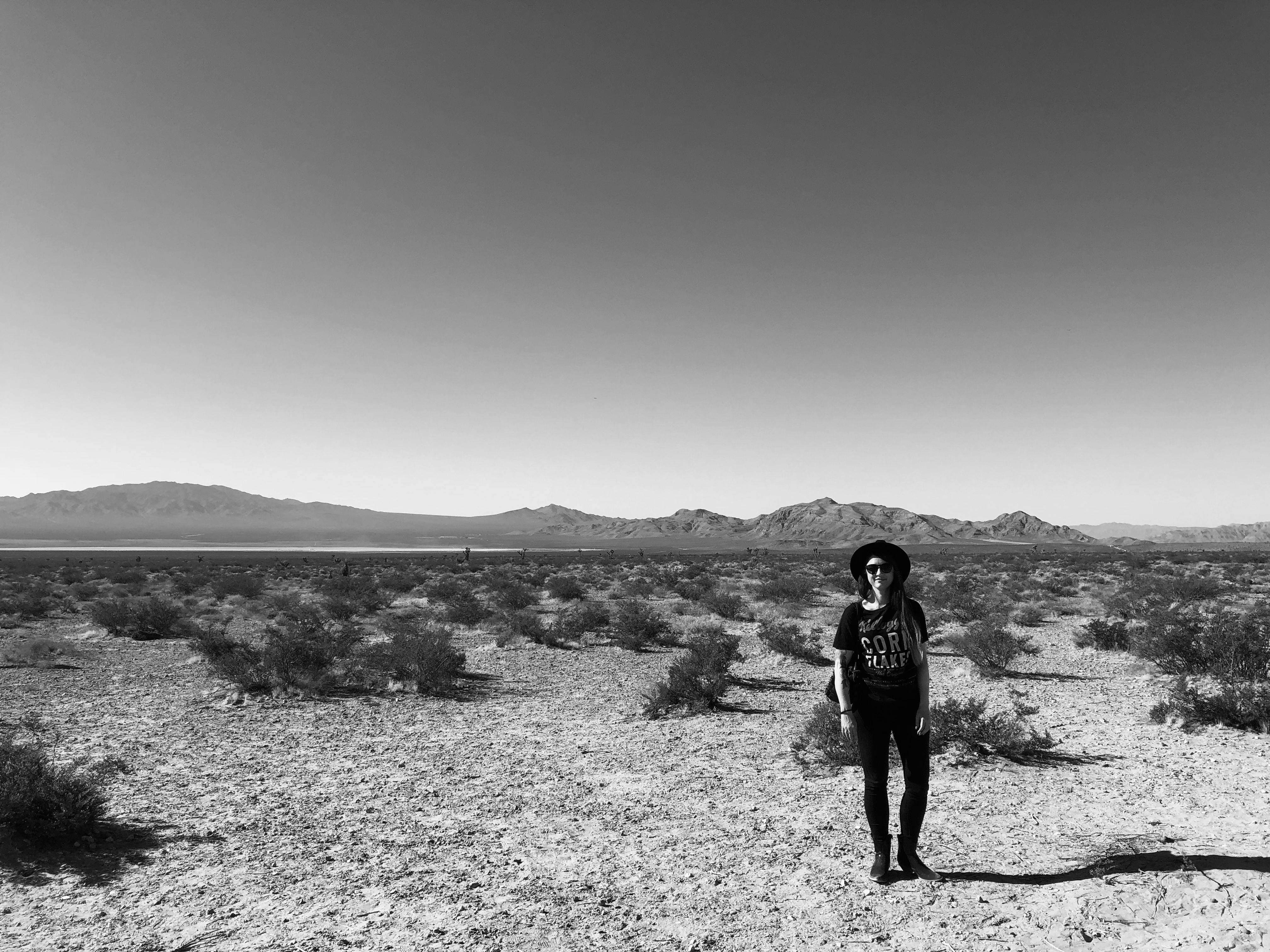
Amy-Jean Muller
E: What do you think about the role of women in today’s society, what do you see as the most pressing issues that we need to address?
A: Depending where you are born, you could say we have come a long way in terms of our rights and achievements. However, those of us in this arena need to strive to take ‘social media statements’ and transform them into action. The current propensity to fear confrontation, sensitivities and triggers, perpetuates the belief in our weakness. We need to assimilate and connect with our own power, and use our voice, to speak for those who are voiceless.
We cannot allow ourselves to be stagnated in virtue signalling, we need to take action and turn the lens away from ourselves and towards those who still suffer. We live in a world where laws permit women to be oppressed, murdered, tortured through female genital mutilation, forced to marry rapists, die by honour killings, and lack of rights to education. We have to envisage ourselves as leaders in a movement that provides a unified safe harbour for others. We cannot create conflict where our rage is turned against each other.
"Regardless of one’s opinion on porn, the truth is, its accessibility makes it educational. Porn has a huge responsibility in creating content that delivers realistic, socially conscious, female centric and diverse content that does not fetishize..."
E: Being a pornographer, and knowing that you write about women’s sexuality and liberation, I would love to know your opinion of porn. How do you relate to it / has it had any influence on your work?
A: If we think about sex education, the context through which we learn is inherently misogynistic. Our textbooks are presented with biological cross sections of our bodies which focus primarily on reproduction and reinforce the narrative that sex ends with male ejaculation. Issues around gender fluidity and sexuality are ignored, the concept of purity and virginity persists, and abstinence perpetuates slut shaming and the idea that women are dirty, which is incredibly harmful for survivors of abuse.
Regardless of one’s opinion on porn, the truth is, its accessibility makes it educational. Porn has a huge responsibility in creating content that delivers realistic, socially conscious, female centric and diverse content that does not fetishize or undermine. However, a good education system existing in parallel will provide context to distinguish real from fantasy, especially in mainstream porn.
For me, porn absolutely has a place in the writing experience. I’m currently completing a fiction novel which deals with how we view power and sexuality. Porn has provided a great space to inspire. I believe sexual freedom and liberation is imperative for women, especially in light of ownership of one’s body. For this reason, porn not only provides a view of women who embrace their liberation, but celebrates it too, making porn an oppositional act against misogynistic ideologies as a whole.
Quick Fire Round! 🔥
What does self-love mean to you?
Recognising your power and using it
Top 3 books that everyone should read:
All of them, expose yourself to everything, including work that you don’t agree with.
One thing you can’t live without:
Family
Three adjectives to describe yourself:
Empathetic, fearless and curious
What’s your guilty pleasure?
You should never feel guilty about pleasure
Grab yourself a copy of Baptism by Fire and follow Amy-Jean on Instagram and Twitter.

GET A FREE MOVIE



